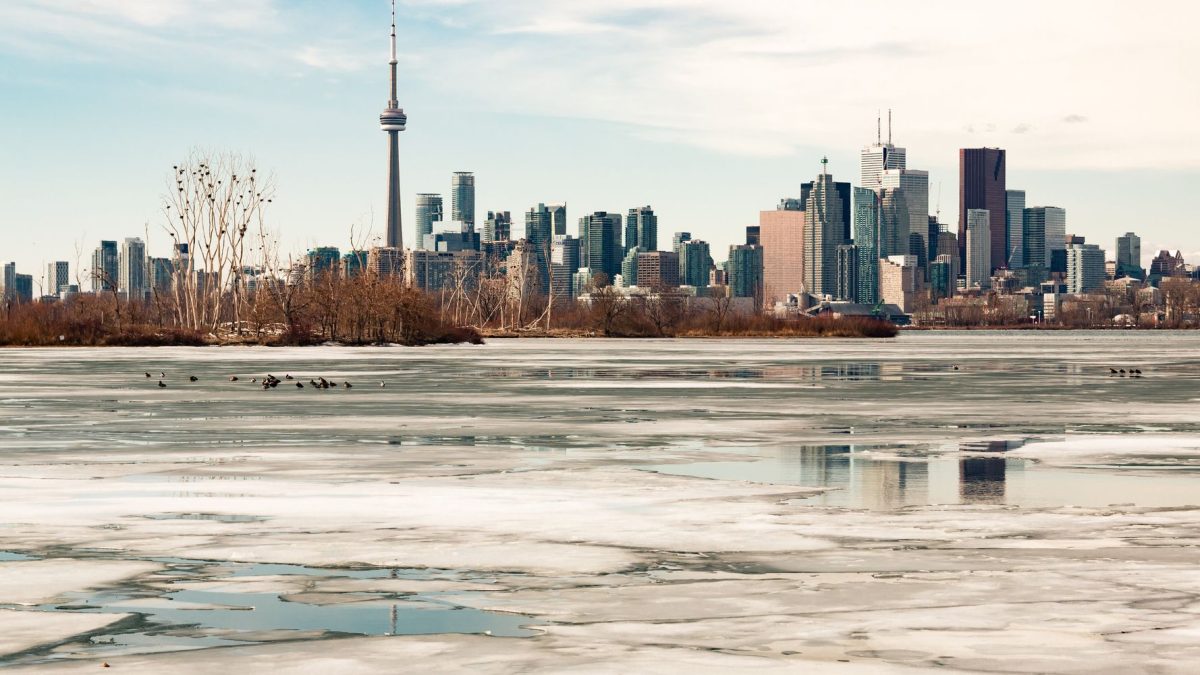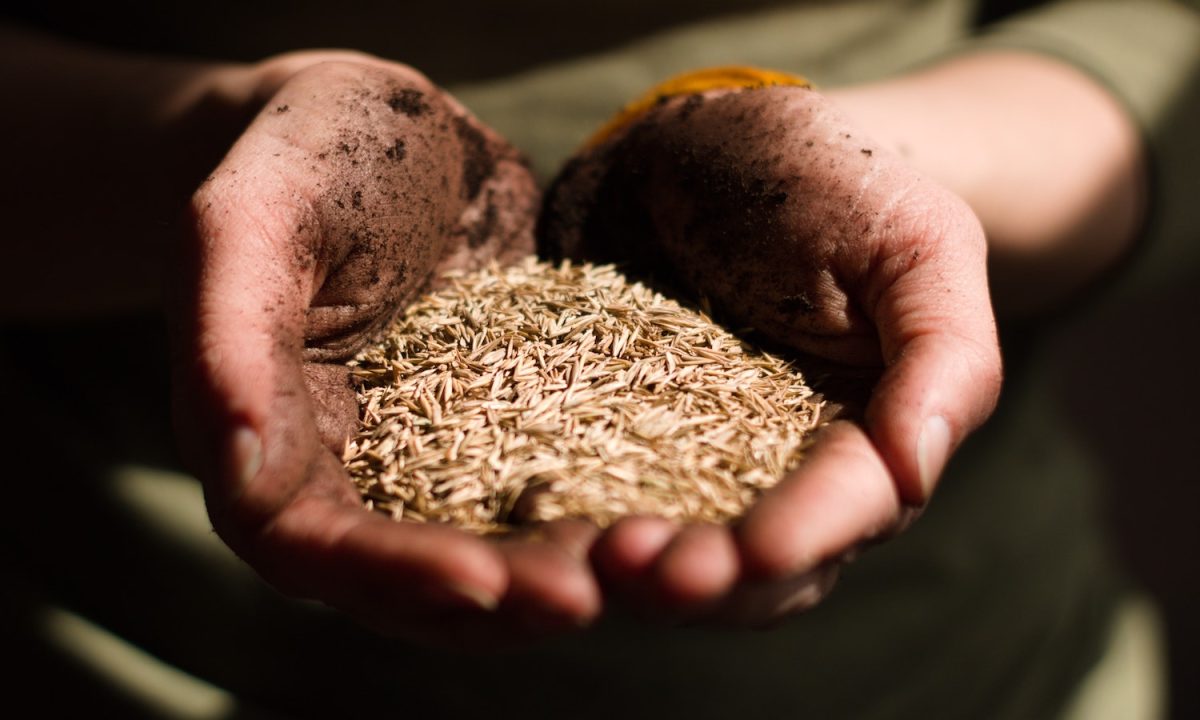As many may have noticed, the winter this year has been very mild with occasional periods of notable cold temperatures. Every now and then, there was a sudden snowfall but it often did not last through the night. Although many people were happily enjoying this mild winter, it is a clear indication that Canadian winters are being reshaped by global warming.
“It does not feel like winter at all. We did not have much snow compared to the last few years. This strange winter is a sign that global warming is encroaching on us soon. But whatever we might face in the future, I think we ought to be preparing for it while still enjoying this mild winter as it lasts,” said Esra, a grade nine student at King.
People are slowly beginning to feel the consequences of the mild winter, as many events that take place during the winter season cannot be held successfully because of the temperature drop needed to make them perform.
According to The Conversation, the Rideau Canal Skateway in Ottawa was closed during the peak of the skating season. The Skateway was completely closed for the first time in the 2022–2023 season. A section of the Skateway reopened for skating this winter in January, but it had to be closed again after four days due to the persistently warm temperatures. In mid-February, less than forty percent of Montréal’s outdoor rinks were functional.
Findings from the Global Carbon Budget stated, “Global CO2 emissions from fires in 2023 have been larger than the average (based on satellite records since 2003) due to an extreme wildfire season in Canada, where emissions were six to eight times higher than average.”
Potential hazards due to this mild winter may include the serious decline of the economy, as the prospects for the winter events that support it are becoming bleaker. Winter sports like skiing, snowboarding, ice fishing, and other activities have a significant positive economic impact on Canada. A decrease in these activities brought on by milder winters might result in the tourism sector losing potential customers. Mild winters also can upset ecosystems and habitats. It may be difficult for species that depend on the cold to adjust to these new, warmer temperatures. This may result in modifications to biodiversity and the extinction of rare species. Additionally, milder winters could put stress on Canada’s infrastructure, which is built to withstand harsh winter conditions. Reduced snowfall and more frequent cycles of freezing and melting can cause structural damage, potholes, and cracks in the pavement, which will increase the cost of repairs. Lastly, wintertime activities have a strong cultural connection to Canada. A decline in winter sports may cause Canada’s cultural identity to suffer and affect the general well-being of citizens.
A positive aspect of this issue is that people are not spending as much money on those winter sports, reducing entertainment costs. It is possible that these warmer winters could benefit the environment by decreasing the carbon footprint (if warmer weather causes people to not use many heaters and thermal devices in homes and businesses).
As for the issues related to global warming that Canada could face in the coming years, everyone has a responsibility to do their share in lowering carbon emissions, choosing sustainable lifestyles, and, above all, raising awareness. This starts on a community scale and eventually spreads to the whole country as well as the global community so that those who can take action have the opportunity to do so. Some ways to reduce carbon emissions are to eat sustainably, lower energy and resource use, and take non-polluting transportation methods as much as possible.








